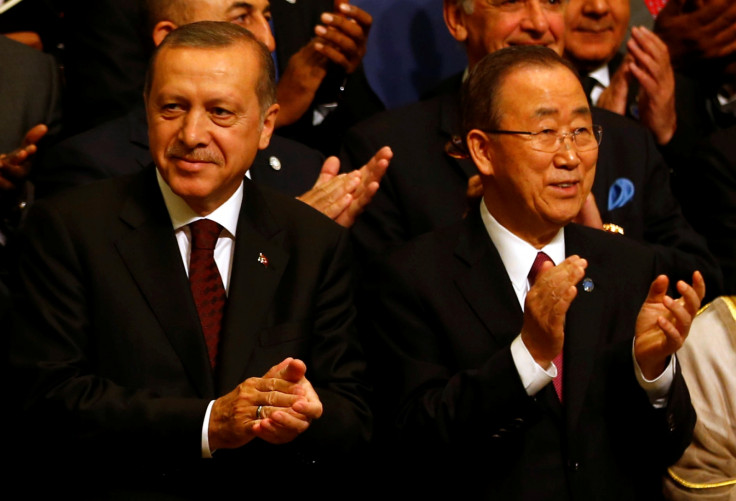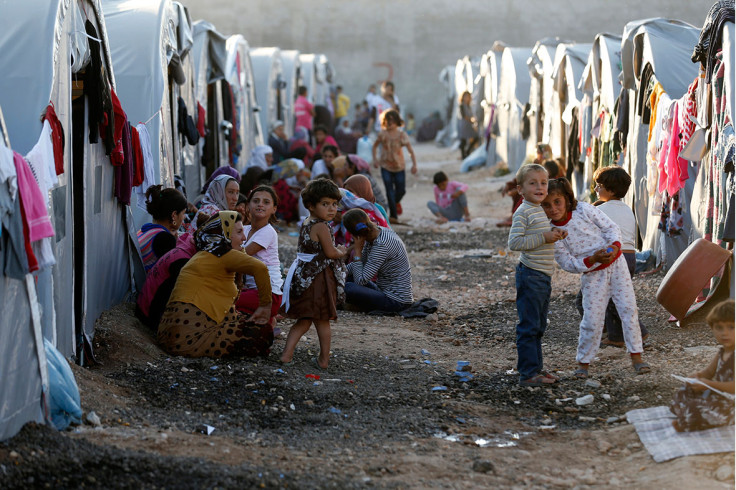World Humanitarian Summit: NGOs blast UN over inaction in Istanbul

As delegates arrive in Istanbul for a one-off summit to deal with the unprecedented humanitarian crises facing the world in 2016 – massive displacement caused by conflict in the Middle East and drought in Africa – non-governmental organisations (NGOs) are lining up to take shots at the United Nations and the wider humanitarian community for inaction.
The UN has committed itself to addressing the challenges of 60 million displaced and 125 million in need of humanitarian assistance at the two day summit. Some 5,200 participants, including 65 Heads of State and Government, 177 UN Member States, representatives from NGOs, the private sector and UN agencies are in attendance in Istanbul.
However, many NGOs have criticised the meetings in Turkey with the medical aid agency Medecins Sans Frontieres conspicuously refusing to participate and calling the summit a "fig leaf" of good intentions.
"We no longer have any hope that the World Humanitarian Summit will address the weaknesses in humanitarian action and emergency response, particularly in conflict areas or epidemic situations," the NGO said in a statement earlier this month.
At the same time Turkey, the nation hosting the summit, has attacked the UN and its intentions. Writing in the Guardian, the Turkish President Tayyip Erdogan said the international community had "largely ignored its responsibilities toward the Syrian people".
Hannah Stoddart, Advocacy Director at War Child, a charity that protects children living in the world's most dangerous war zones, told IBTimes UK that the humanitarian system had become outdated and in had become unable to respond to the needs of children, who were disproportionately affected by war.

"We feel that the humanitarian system and the humanitarian response is currently failing children. We know that even though children make up over 50% of those affected by war, less than 3% of UN funding is spent on their protection," she explained.
Stoddart accused the humanitarian community of traditionally neglecting children as an increasing disregard for international law and humanitarian norms hit children the hardest. "The bombing of schools and hospitals, the targeting of doctors and health workers means children suffer the most. They suffer when of course the last paediatrician in Aleppo is indiscriminately attacked," she said referring to the death of Dr Muhammad Wassim Maazm who was killed in a Syrian regime airstrike in Aleppo in April.
"Essentially we are saying that the international humanitarian system is failing children, we need to focus on their protection and their education and we need to bring on board the funding for that as well," Stoddart said.
The Ngo worker said she hoped the Summit would see the international community commit to $3.85bn (£2.6bn, €3.4bn) in spending over five years, with at least $150m in the first year for an education and emergencies fund.
"We think that's quite modest, commensurate with the number of kids who are currently being denied an education in emergencies," she said but added that "proof would be in the pudding, will donors step up to the plate, to find the funding that is needed for that ring-fenced fund?"
© Copyright IBTimes 2024. All rights reserved.






